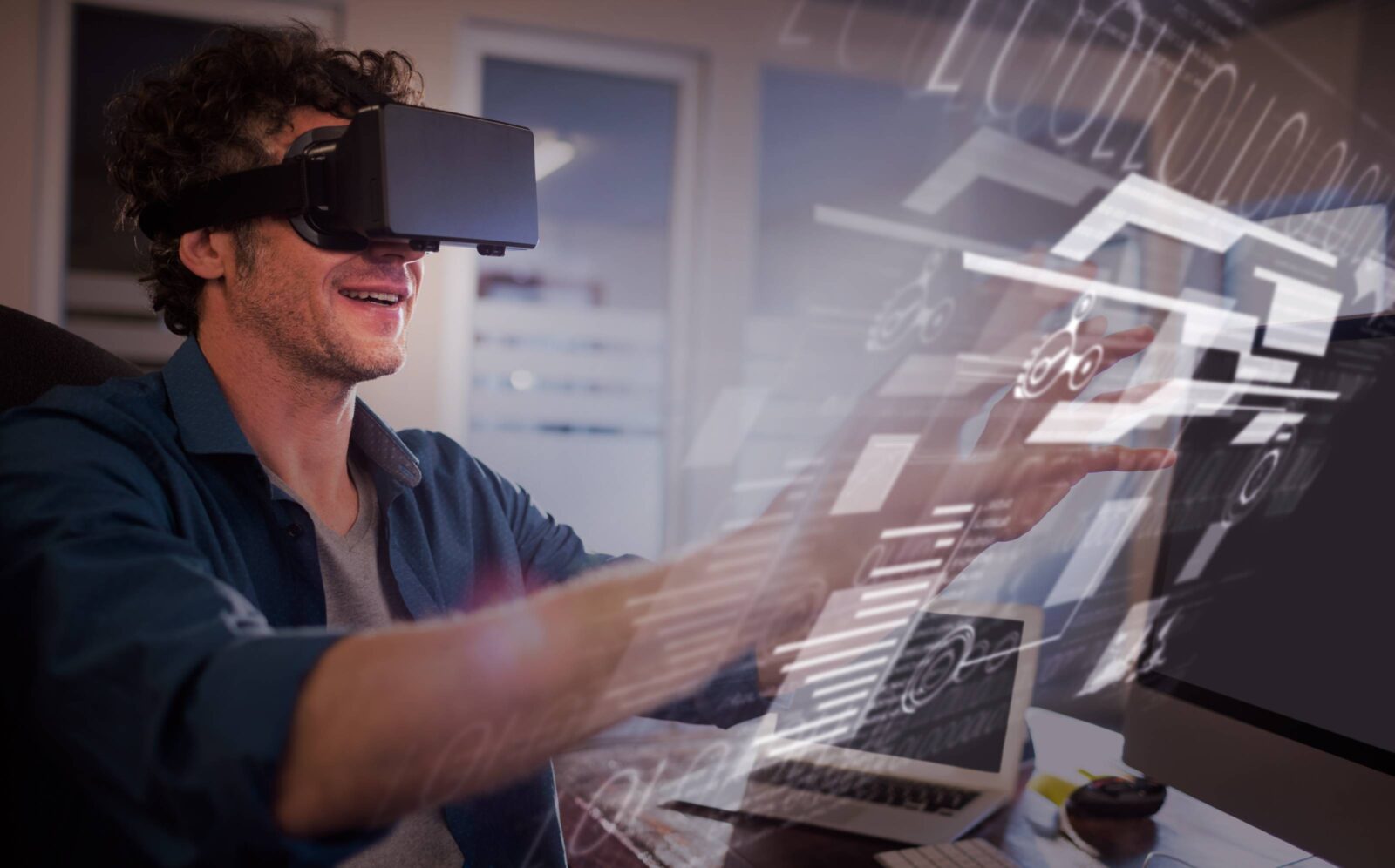One of the don’t-miss speakers at COSM is Babak Parviz, on the panel on Information Theory of Biotech. Currently a vice-president at Amazon, he is perhaps best known as the creator of Google Glass, a wearable computer with transparent display. His career spans both engineering and health care issues, including research in photonics, nanodevices, and biosystems.
One of the things Parviz is doing at Amazon, which he joined in 2014, is focusing on lifestyle products for the growing elderly population:
Amazon has been very quiet about its plans to develop technologies for aging populations, as well as its health ambitions, but its vice president Babak Parviz spoke about both topics at a very rare public appearance last month.
“Something…we’ve been building for some period of time and we deeply care about… relates to what happens to older people,” said Parviz, the company’s vice president of special projects, at an event hosted by health marketing firm Klick Health.
“We have looked at the older population in the context of health… and we know this group has a lot of issues and unmet needs,” he continued. Christina Farr, “Amazon’s secretive health team talking with AARP about making products for older people” at CNBC.com
During the past century, thirty years was added to average American lifespans, creating a much larger and more complex market for related goods and services.
Joining Parviz on the panel Friday, October 25, 9:00 am, will be Matt Scholz, CEO of Oisin Technologies (researching treatments for age-related diseases), George Gilder, philosopher of technology and author of Life after Google, and Lindy Fishburne, executive director of Breakout Labs, which funds innovative science ventures.
Other featured speakers at the conference, in addition to Wall Street Journal columnist Andy Kessler, will be Oren Etzioni on whether AI is dumbing us down, and Ray Kurzweil, include Steve Forbes, Peter Thiel, and Ken Fisher, discussing where headline news like artificial intelligence, cryptocurrency, self-driving cars, e-commerce, and biotech is going. Are machines replacing or helping us and how will we know the difference? What can we do if we don’t like what’s happening?



